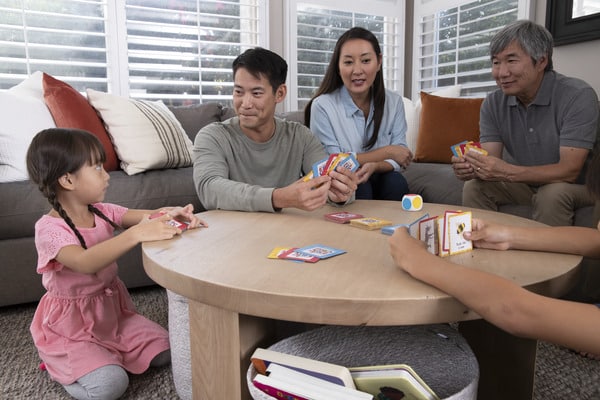As families navigate the complexities of caring for aging loved ones, the importance of individualized support cannot be overstated. Personalized care plans have emerged as a cornerstone of modern senior care, offering tailored solutions that address each individual’s unique needs, preferences, and goals.
These plans go beyond generic approaches, ensuring that seniors receive the right level of assistance while maintaining their dignity, independence, and quality of life. From medical needs to emotional well-being, personalized care plans encompass a holistic approach to aging gracefully.
Read on to learn more about personalized care plans and how they can provide tailored support for your loved ones.
Understanding Personalized Care Plans
Personalized care plans are comprehensive frameworks designed to address the unique needs of seniors. They’re developed through a collaborative process involving the senior, their family members, and healthcare professionals. The first step involves thoroughly assessing the individual’s physical, emotional, and social needs. This assessment can help identify areas where support is required, such as medication management, physical therapy, or companionship.
Once the assessment is complete, a customized plan is created, outlining specific goals and the steps needed to achieve them. For example, a senior recovering from surgery may require temporary in-home nursing care, while someone with arthritis might benefit from regular physiotherapy sessions. Also, some individuals may require assistance with daily activities such as bathing, dressing, or meal preparation, while others may need specialized support for chronic conditions like dementia or mobility issues.
Furthermore, seeking non-medical services, such as garden care for seniors, can play an active role in enhancing their overall well-being. By maintaining a safe and accessible outdoor space, you can promote physical activity and provide a sense of accomplishment and joy for your loved ones.
The Role of Family in Personalized Care
Family members play a crucial role in developing and implementing personalized care plans. Their insights into the senior’s preferences, routines, and personality are invaluable in creating a natural and comfortable plan. Moreover, involving your family fosters collaboration and trust, ensuring that everyone is aligned in their efforts to support the senior.
Your family can also help monitor the effectiveness of the care plan and provide feedback to caregivers. For instance, if a senior shows discomfort or dissatisfaction with a particular service, your family members can communicate this to the care team, prompting necessary adjustments. This ongoing dialogue ensures the effective care plan remains responsive to the senior’s changing needs.
Benefits of Personalized Care Plans
The advantages of personalized care plans are manifold. Firstly, they can help promote independence by empowering seniors to remain in their own homes for as long as possible. This is particularly important for individuals who value autonomy and wish to avoid institutionalized care. Through targeted interventions, personalized care plans also enhance safety by addressing potential risks, such as fall hazards or medication errors.
Secondly, these plans can improve emotional well-being by addressing the social and psychological aspects of aging. Loneliness and isolation are common challenges among seniors, and personalized care plans often include companionship services or community engagement activities to combat these issues.
Integrating Non-Medical Services

While medical care is a critical component of personalized care plans, non-medical services are equally important in enhancing the quality of life for seniors. These services encompass various activities, from housekeeping and meal preparation to transportation and recreational activities.
For example, maintaining a well-kept garden can be a source of pride and joy for seniors, but it may become challenging due to physical limitations. Therefore, professional garden care for seniors ensures that outdoor spaces remain accessible and enjoyable, without placing undue strain on the individual.
Non-medical services also include social support, such as organizing outings or facilitating participation in community events. These activities can help seniors stay connected with their peers and maintain a sense of belonging, essential for emotional and mental health.
Challenges and Considerations
Despite their many benefits, personalized care plans aren’t without challenges. One common concern is the cost of tailored services, which can be higher than standardized care options.
To offset these expenses, your family may need to explore funding options, such as government assistance programs or private insurance. Moreover, finding qualified and compassionate caregivers can be daunting, requiring thorough research and vetting.
Another consideration is the need for regular reviews and updates to the care plan. As seniors age, their needs may change, necessitating adjustments to the level and type of support provided. Regular communication between family members, caregivers, and healthcare professionals is essential to ensure the care plan remains effective and relevant.
Conclusion
Personalized care plans represent a compassionate and practical approach to senior care, offering tailored support that respects each person’s individuality. By addressing both medical conditions and non-medical needs, these plans enable seniors to live fulfilling lives while maintaining their independence and dignity.
As families continue to seek the best care for their loved ones, personalized care plans stand out as a valuable tool in promoting health, happiness, and quality of life.
By keeping the information mentioned above in mind, your family can provide your loved ones with the support they need to thrive in their golden years.















